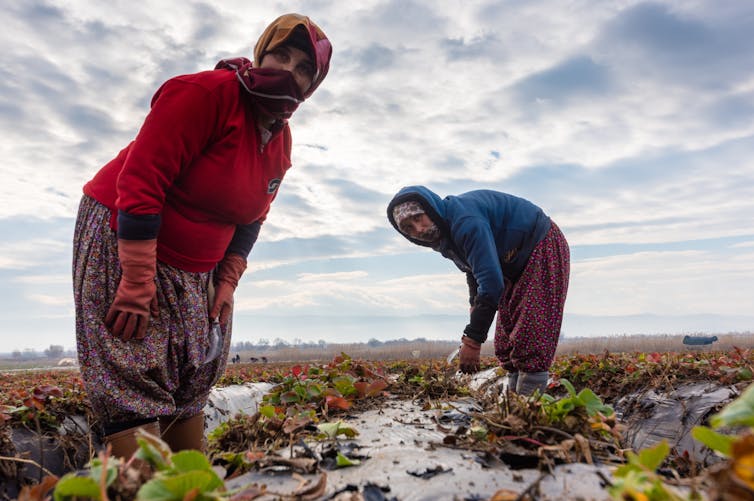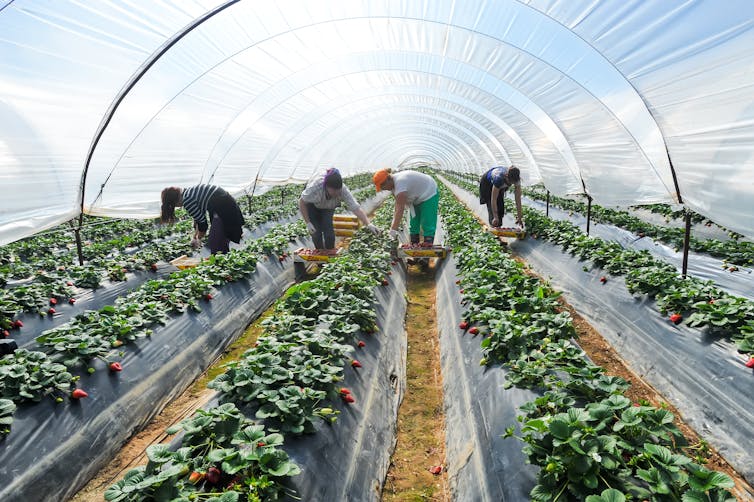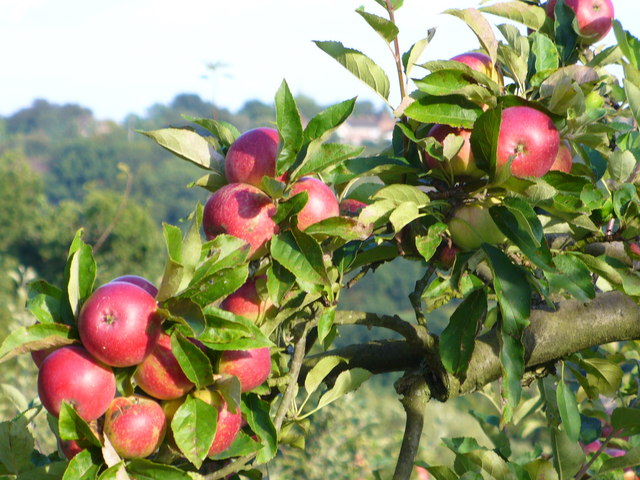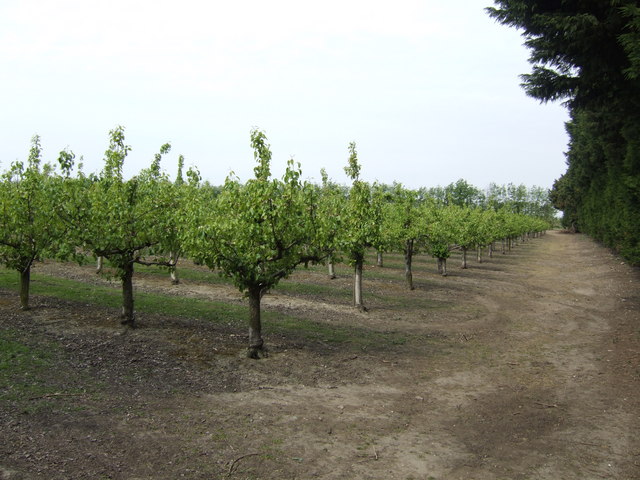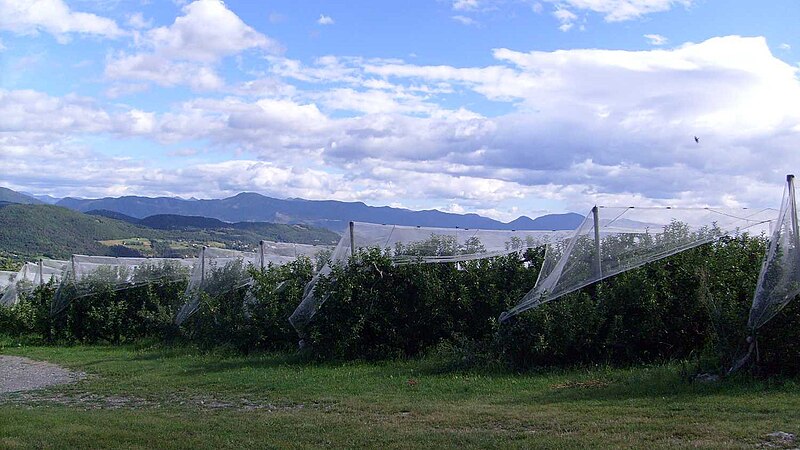Did you eat any melon over Christmas? Or a strawberry? Have you seen a watermelon since the summer, maybe cut up in pieces in a boxed-up plastic ready-to-eat fruit salad? If so, that will help you relate to the dilemma for Spanish farmers and the workers they employ that I wrote about in an article called Misconceiving ‘seasons’ in global food systems, the case of the EU Seasonal Workers Directive published in the European Law Journal [1].
In this journal article, I essentially analyse a law, a European Law, but one that now governs the conditions under which seasonal workers from outside the EU can come to Europe to work in agriculture (and other ‘seasonal’ sectors) [2]. It also outlines their rights while they are here, making it both labour law and migration law [3]. This is brought together in an attempt to meet the needs across Europe for workers that pick the counter-seasonal crops such as strawberries, raspberries, melons and watermelons, as well as those summer vegetable crops that I have written about in the past.
A central theme in my work is about the disconnections of modern food production. But it is also about work. Labour, work, people, people who move, people who stay still. You can’t have workers without people. We are, and they are, one and the same. Yet law after law, country after country, policy after policy attempts to do just this by limiting the rights of workers when they come to host countries to work. The EU Seasonal Workers Directive is a recent version of this attempt to disconnect the rights and needs of people who migrate to work, from their status as workers.
Although the UK played a large role in its negotiation, they ultimately opted out of its adoption, and then, as we know, opted out of the EU altogether. Yet, this doesn’t mean that the influence of this directive stops at the UK border. The workers that pick many of our out of season crops in countries such as Spain and Italy, are governed by it. Furthermore, the UK is looking for options post-Brexit for how to govern seasonal work by migrant workers and this could give an insightful suggestion of what that might look like. This blog then, brings out a few elements of the article, which looks at the directive from the lens of a case study in Southern Spain: where our watermelons come from.

The farmers that I interviewed in Southern Spain work within the law. They ensure that they produce to the highest health and safety regulations, that they are registered, and work with certified exporters. These exporters (sometimes called co-operatives because they began as farmer cooperatives) then do an extensive quality selection in which they throw away much of the fruit and vegetables which do not meet the standards that you, your mum or your Grandparents might want for your year-round desert of prepared fruit salad.
Due to the very low wages and hard working conditions, not many people want to work picking these fruit and vegetables. The labour market is therefore dominated by migrant workers who have fewer language and transferable skills to find better paid and easier work elsewhere. Most people have all the legal requirements to work. However, for various reasons, the most vulnerable do not. They may not been in the EU long enough to regularise their status, they may not have employers to support them in doing this, their papers may have been rejected, they may not have had the money or the contacts to get a visa, they may have escaped distressing situations, made arduous (planned or unplanned) journeys towards the EU, some may also be refugees. In any case, these individuals also suffer from the need to work in order to live, and are some of the most vulnerable in the labour market. Furthermore, farmers generally do not want to hire them because they risk a €10,000 minimum fine if they are caught employing workers who do not have legal permission to work. So what happens?
The European Union want to solve the seasonal need for fruit pickers by offering temporary visas for people to come for a few months at a time to European countries (where most of your strawberries, tomatoes and watermelons are produced). In theory this is a model of carrot and stick – the carrot, the incentive, for prospective workers in countries like Morocco or the Ukraine is the temporary visa. I will ignore in this short blog the contradictions of the idea of ‘circular’ migration although I’ve covered this in the article. In short, it is not as advantageous as it seems at first glance. The main ‘stick’ or disincentive is increased border control that has been happening in the same context as the development of this directive, and the increased marginalisation of undocumented migrant workers who are already within the European Union but who are not given any options under this new directive.
Although this may sound logical, the EU Seasonal Workers Directive, in fact, is created in a context of false divisions and it therefore creates several more problems. Firstly, as we have explored, seasonal agriculture, in a context of intensive production, follows the time periods of when you like to eat melon, as opposed to when melon (etc.) is naturally in season. That means more than a few months of the year. So farmers like workers who are already in the country, who they can hire in person and work with over a steady period of time, building daily working relationships with.
Under temporary work schemes such as the EU Seasonal Workers Directive, migrant workers have reduced rights, therefore facilitating the creation of a legally mandated second-class tiered labour force. Temporary workers are also highly vulnerable to falling outside of the terms of their visa. Such seasonal work visas link their visa permission to their employers, something that makes them highly dependent on them and vulnerable to abuse [4].
Finally, seasonal migration is simply a form of temporary migration, aimed at avoiding the creation of a long term ethnic community in the host country. Historically, wherever host countries have attempted to invite ‘guest workers’ yet avoid settlement of migrant workers, this has failed. So the EU here, is criticised as still wanting to import ‘labour’ and not ‘people’ [5].
Let’s return to the watermelons and the farmer who intends to play it by the book. Unfortunately, this famer’s ultimate buyer doesn’t care much for the rule book. What they care about is ensuring that you get your summer fruits, cheaply, regardless of the season and regardless of who picks it and how protected they are or not. So the farmer is placed into a very difficult position which seems to sum up the tensions between our year round demand for cheap food and the just-in-time immediacy and demands that this puts on the people that produce it. A small farmer in Southern Spain described the situation in this way:
Once they were going to come [the export cooperative], we were arguing about the watermelons, whether we should pick them or not and in the end they said to me; “alright, this afternoon we pick them” and I said, “this afternoon I don’t have any workers” and they said; “either we come and get them this afternoon or we don’t come”. So I said, “Well, come” and when they come to pick the watermelons, I need a lot of workers, four people, and so I say, “where am I going to find those people? I can’t get…” so I went to the garage in El Ejido and there were four Africans just there.
[cited in 1].
The ‘watermelon dilemma’ of this farmer therefore demonstrates the final reason why the EU Seasonal Workers Directive, and other similar laws ultimately do not answer the problem of seasonal work: much seasonal work does not require workers for three or five or nine months, but a couple of days. In small scale production, you could perhaps ask family to help, but not on this scale. In these ‘enclaves of production’ at the European border, where everything is orientated so that it can provide cheap food to Tescos, Waitrose or your local greengrocer, the most vulnerable workers will always be needed to take this work. If they need the scarce work they can get without papers, while this work exists, they will probably be ready to take it. Yet the EU regulators prefer to simply ignore these watermelon pickers. By not offering them a route to legality this work will also condemn them to ongoing poverty and precariousness. In the process of drafting the EU Seasonal Workers Directive, an option was proposed to allow such migrants to apply for a seasonal workers visa (which would be fitting as they are the real ‘seasonal’ workers), yet this was rejected, leaving the watermelon pickers in an ever more precarious situation, dependant on the ever more scarce and desperate farmers whose lack of profits push them to take the risk to hire the people in most need of work.
There are many problems with this directive. However, in my opinion, the biggest problem that it represents, is the disconnection. This is the disconnection between a society that is happy to eat cheap food but that does not want to accommodate the workers that produce it with the same rights as they enjoy. Should the UK come up with similar legislation in the upcoming years we should be very careful indeed to pay attention to the underlying assumptions and disconnections and their impacts on the people that might come to do seasonal (or un-seasonal) work and on those who are already here doing it. In the meantime, this directive is up for revision in 2019.
References
1. Medland L (2017) Misconceiving ‘seasons’ in global food systems: The case of the EU
Seasonal Workers Directive. European Law Journal, 23(3-4), pp.157-171.
2. European Union (2014) Directive 2014/36/EU on the conditions of entry and stay of third-country nationals for the purpose of employment as seasonal workers. Official Journal of the European Union L 94/375.
3. Fudge J and Olsson PH (2014) The EU Seasonal Workers Directive: When Immigration Controls Meet Labour Rights. European Journal of Migration and Law 16(4): 439-466.
4. Rijken C (2015) Legal Approaches to Combating the Exploitation of Third-Country National Seasonal Workers. International Journal of Comparative Labour Law and Industrial Relations 31(4): 431-451.
5. Zoeteweij-Turhan M.H (2017) The Seasonal Workers Directive: ‘… but some are more equal than others’. European Labour Law Journal, 8(1), pp.28-44.
————————-
This blog was written by Cabot Institute member Lydia Medland, it was originally published on her blog Eating Research and has been re-published here with her permission. Lydia is a PhD student at the School of Sociology, Politics and International Studies at the University of Bristol. Her research looks at the Global Political Economy.
 |
| Lydia Medland |
Read Lydia’s other blog: Olive oil production in Morocco: So many questions.





